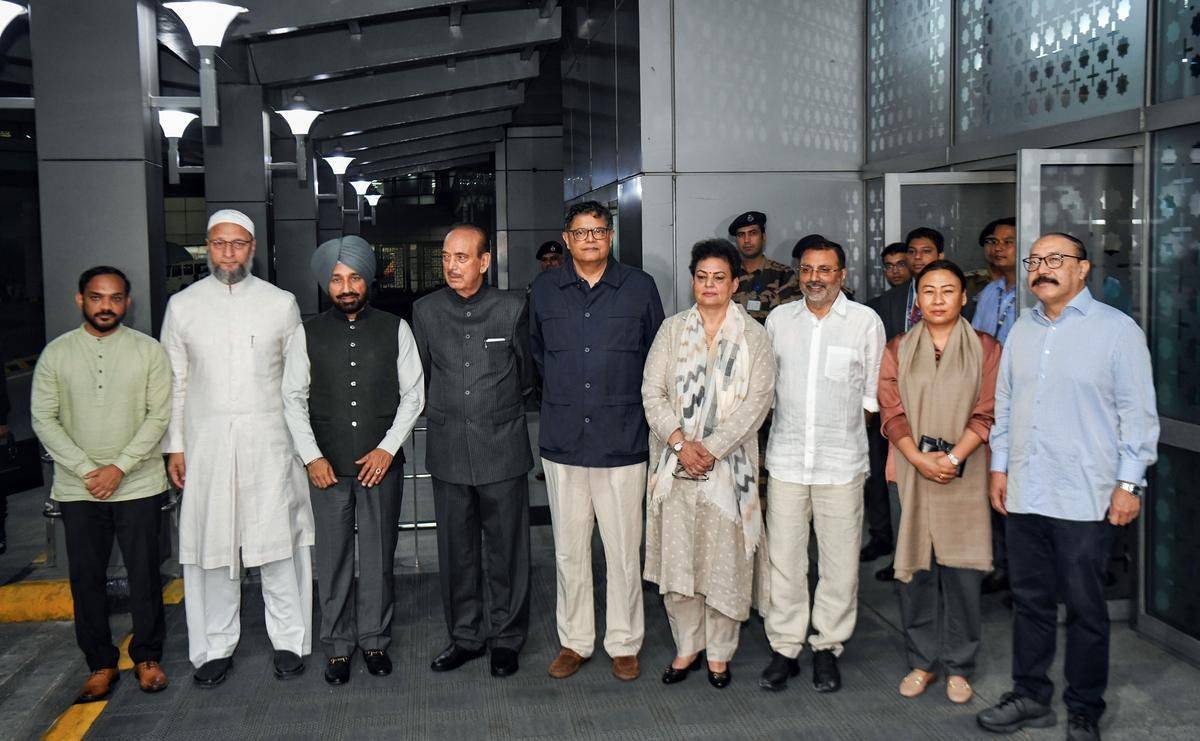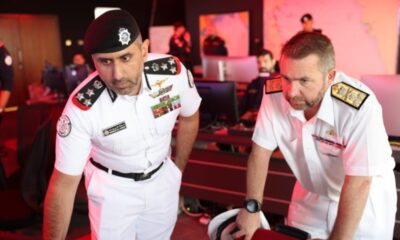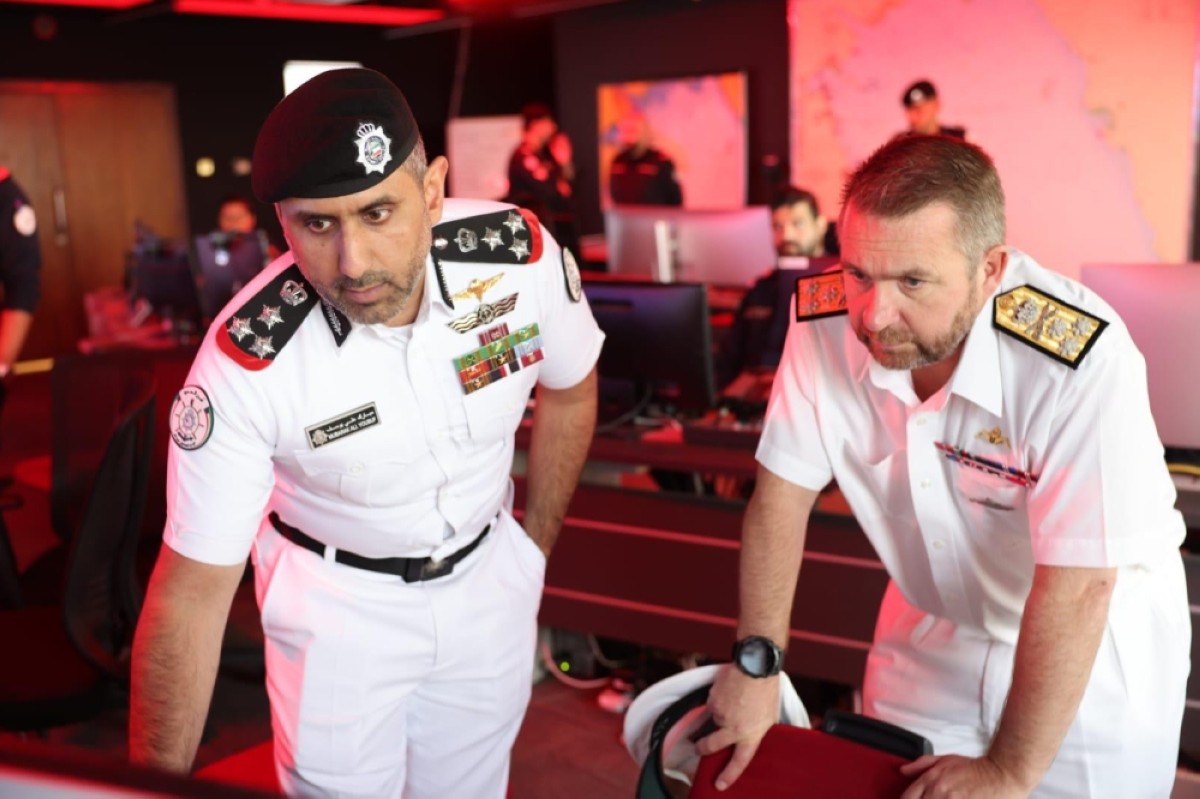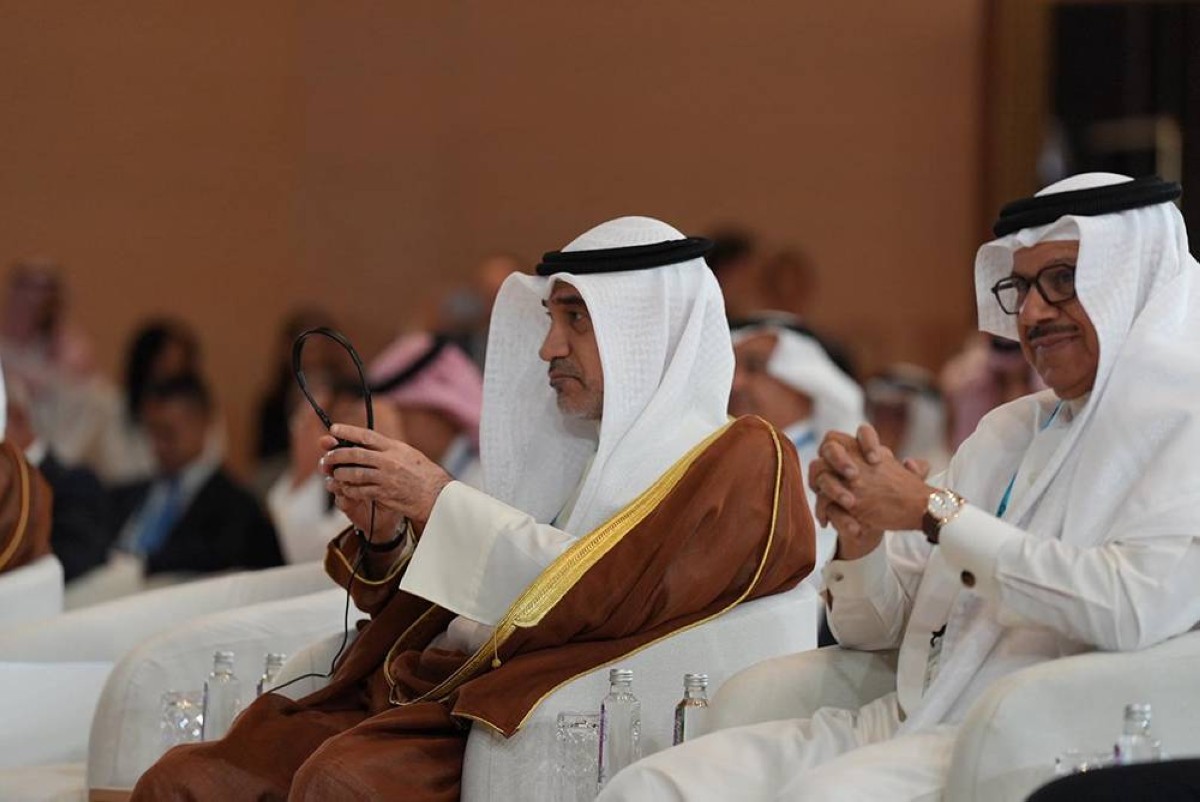Latest News
Indian all-party delegation, including Asaduddin Owaisi, to visit Kuwait May 26-27

Latest News
Kuwait, UK leaders discuss strengthening bilateral ties
Latest News
Kuwaiti PM rep. reaffirms commitment to dialogue, regional security
Latest News
Deliveroo Kuwait unveils exclusive global dishes
-

 Latest News22 hours ago
Latest News22 hours agoKuwait joins medical regulatory body to boost global health governance
-

 Politics8 hours ago
Politics8 hours agoJahra Traffic Crackdown: Vehicles Seized, Violators Arrested
-

 Business15 hours ago
Business15 hours agoJapan’s central bank survey shows an improved outlook for manufacturers
-

 Latest News15 hours ago
Latest News15 hours agoAmir receives Crown Prince, speaks with Oman Sultan
-

 Latest News13 hours ago
Latest News13 hours agoMinister: Kuwait’s ranking on US Trafficking in Persons Report improved
-

 Latest News6 hours ago
Latest News6 hours agoCAN kicks off annual breast cancer awareness campaign
-

 Politics5 hours ago
Politics5 hours agoKuwaiti Fined KD 10,000 for Insulting Kuwaiti Society in Viral Video
-

 Latest News5 hours ago
Latest News5 hours agoKuwait to standardize recognition of foreign high school diplomas


















